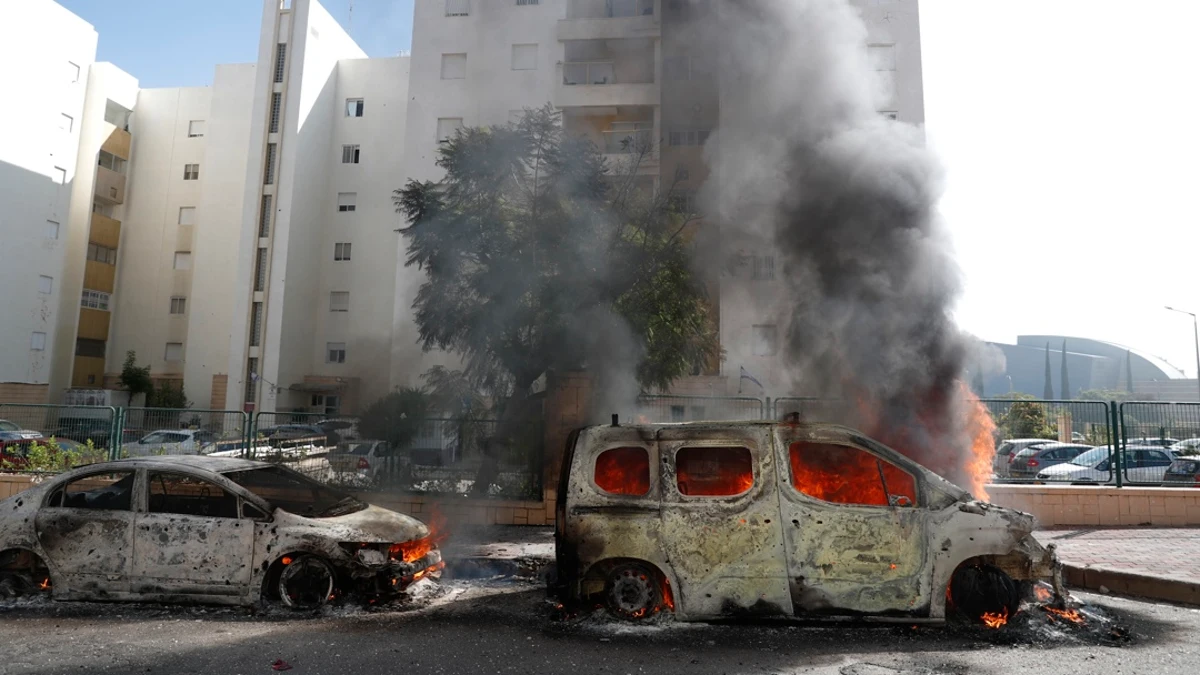
The Israeli authorities had known about Hamas’ attack plans for at least a year, but decided to discard them because they considered them too complicated to carry out, according to The New York Times published this Thursday. Citing “documents, emails and interviews” to which it has had access, the media assures that the plan described with great precision a surprise assault like the one that the Islamist group carried out on October 7, which It left 1,200 dead in Israel and hundreds of people kidnapped.
Specifically, the plan, 40 pages long and codenamed ‘Jericho Wall’, contemplated the use of drones to eliminate security cameras along the border with the Gaza Strip, or the massive entry of militants on foot, by motorcycle and using paragliders, although it did not establish a date for the operation. Military officials in the region did not believe that an attack of such magnitude was possible, and doubted that the plan would have been accepted by the Palestinian group.
It is not clear whether Prime Minister Benjamin Netanyahu or other political leaders had access to the documents, the newspaper explains. The Hamas attack was the bloodiest episode in Israel’s history and led Netanyahu to declare war on the group and launch an offensive on the Gaza Strip that has already claimed the lives of more than 15,000 people.
This Thursday was the seventh day of the truce, negotiated by Qatar, Egypt and the United States, through an agreement that includes the release of Palestinian prisoners in Israeli prisons and the entry of humanitarian aid to the Gaza Strip. The temporary ceasefire was extended just before it expired Thursday morning for an additional 24 hours, and it is unclear whether it will continue this Friday. An extension of the truce would involve the additional release of 10 hostages per day in exchange for the release of 30 Palestinian prisoners.
Meanwhile, Qatar continues to work together with its regional and international partners with the aim of reaching a permanent ceasefire in the Gaza Strip. So far, 105 captives have been released in Gaza, including 81 Israelis and 24 foreigners; while Israel has released 240 Palestinian prisoners, all of them women and minors.
Source: Lasexta
Ricardo is a renowned author and journalist, known for his exceptional writing on top-news stories. He currently works as a writer at the 247 News Agency, where he is known for his ability to deliver breaking news and insightful analysis on the most pressing issues of the day.












